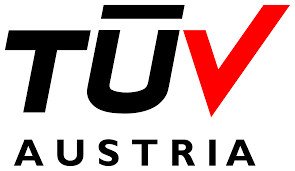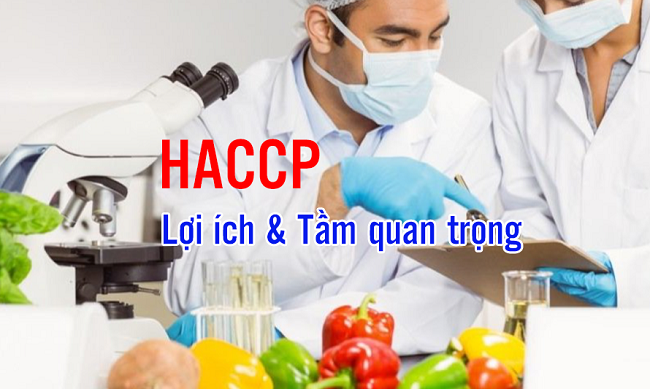
KNA COOPERATED WITH TUV AUSTRIA HELLAS ON AUDITING FSC STANDARDS IN VIETNAM
After time of exchanging and discussing, KNA CERT has successfully signed a cooperation agreement with TUV Austria on FSC/CoC certification services. Accordingl...
HACCP stands for Hazard Analysis and Critical Control Point. This is an effective method applied in the world to help enterprises in food anad beverage industry, prevent food risks to satify regulatory requirements and meet customers' needs.
 HACCP is a standard which has mandatory requirements in almost countries like the US, Europe. Certification by an independent unit demonstrate your commitment of safe food.
HACCP is a standard which has mandatory requirements in almost countries like the US, Europe. Certification by an independent unit demonstrate your commitment of safe food.
1: HACCP Management Method:
Risk management is a basic requirement in risk analysis chain. “ phân tích rủi ro”. This is a policy process with a view to choosing suitably control and preventive methods.
HACCP is a tool for risk management and researched in particular by Committee for Codex Food Standard established by Food and Agriculture Organization (FAO) and World Heath Organization in terms of food:
Activities of risk management embrace:
HACCP:
2: Why should enterprises be certified HACCP:
HACCP's benefits are enormous, the most important point is a noticeable improvement of safe food processing procedure and the satisfaction of regulatory requirements.
The purpose of standard system is to ensure safe food through method of identification and risk management instead of ineffective control.
HACCP's benefits:
HACCP certified businesses are an effective method of communication with investors and other stakeholders, which is an important element to demonstrate a commitment to clean food that meets requirements of corporate governance, their responsibilities and financial reports.
3: How should HACCP Certificate be prepared?
The process of certification embraces:
The most important of HACCP improvement, implementation and system certification is a continuous process with independent assessment for a element of the whole assessment process.
